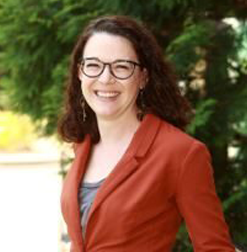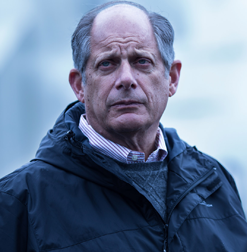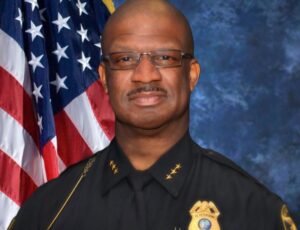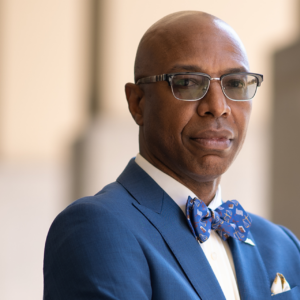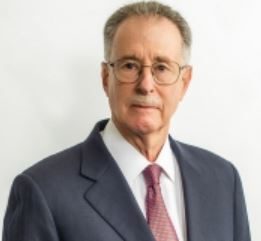Vision
The Consortium advances the national effort to address legal issues in policing and public safety, including police conduct, police oversight, and the evolving nature of police work. We leverage the ABA’s expertise and that of participating law schools to develop and spotlight projects that can lead to more effective and civil and human rights-compliant police practices throughout the United States.
About Us
The Consortium is a collaboration between law schools and the American Bar Association, dedicated to understanding and addressing legal issues in policing. This is done through cooperation across schools in sharing relevant curricula related to the law of the police, involvement in the Consortium’s Fellowship program, a webinar series, and (where appropriate) engagement with local policing agencies to inform legal policy and training recommendations.
Our work recognizes that national progress is most likely advanced through state and local reforms, and we focus on coordinating and amplifying these efforts. The Consortium partners with key stakeholders – including community organizations, governmental entities, and police departments – to advance policies, practices, and training materials in support of realizing a policing service that protects the safety and security of all peoples (including the officers themselves), is free of bias and is in service of the community.
The work of the Consortium is overseen by a Deans Advisory Committee, consisting of the Director and nine deans from participating law schools. Advisory Committee members serve staggered three year terms and are elected by deans of participating law schools. The FY22 Deans Advisory Committee members are listed below.
ABA Advisors support the Consortium by providing guidance on relevant law enforcement and public safety policy resolutions.
The Consortium is further informed by the Law Librarians Working Group. This team of seven representatives from participating law schools provide input and advice regarding project design and implementation for the fellowship program.
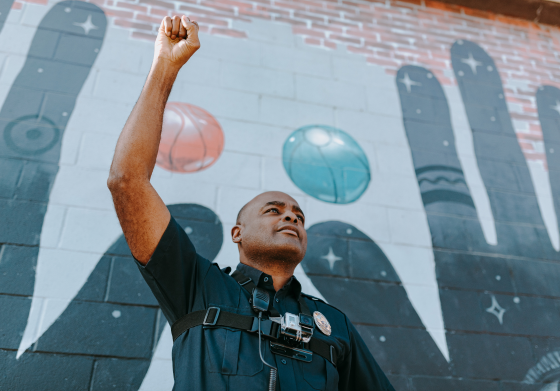
About Us
The Consortium is a collaboration between law schools and the American Bar Association, dedicated to understanding and addressing legal issues in policing. This is done through cooperation across schools in sharing relevant curricula related to the law of the police, involvement in the Consortium’s Fellowship program, a webinar series, and (where appropriate) engagement with local policing agencies to inform legal policy and training recommendations.
Our work recognizes that national progress is most likely advanced through state and local reforms, and we focus on coordinating and amplifying these efforts. The Consortium partners with key stakeholders – including community organizations, governmental entities, and police departments – to advance policies, practices, and training materials in support of realizing a policing service that protects the safety and security of all peoples (including the officers themselves), is free of bias and is in service of the community.
The work of the Consortium is overseen by a Deans Advisory Committee, consisting of the Director and nine deans from participating law schools. Advisory Committee members serve staggered three year terms and are elected by deans of participating law schools. The FY22 Deans Advisory Committee members are listed below.
ABA Advisors support the Consortium by providing guidance on relevant law enforcement and public safety policy resolutions.
The Consortium is further informed by the Law Librarians Working Group. This team of seven representatives from participating law schools provide input and advice regarding project design and implementation for the fellowship program.
How can law schools support ongoing efforts related to policing reform?
Externship Opportunities: provide student research fellows to local police departments or civil rights/legal aid organizations to support in ongoing data gathering/research needs
Consortium Fellowship ProgramEncourage participation of campus, local and state police departments in Ethical Policing is Courageous (EPIC)
Ethical Policing is Courageous WebsiteEncourage participation of campus, local and state police departments in Active Bystandership for Law Enforcement (ABLE)
Active Bystandership for Law Enforcement WebsiteEncourage participation of campus, local and state police departments in Insight Policing: Conflict Resolution for Law Enforcement Training
Insight Policing WebsiteEncourage student and law enforcement participation in What You Do Matters: Lessons from the Holocaust
What You Do Matters WebsiteExpertise & training: Law school faculty might offer their expertise in reviewing legal training materials on offer at police academies. Alternatively, schools might offer training space to police academies or offer shared courses for law students and police to create a shared learning environment.
Director
Deans Advisory Committee

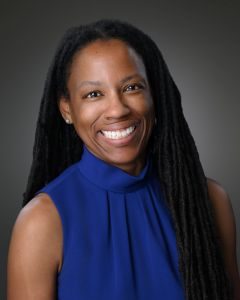


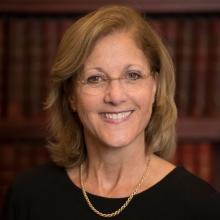

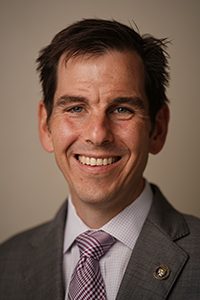
ABA Advisors
Law Librarians Working Group
Brian Barnes
Law Library Director and Associate Professor, Loyola University New Orleans College of Law
Richard L. Buckingham
Director of the Law Library and Information Resources, Associate Professor of Legal Research, Suffolk University Law School
Therese A. Clarke Arado
Deputy Director of the Law Library, Acting Director of Administration and Special Projects
Teresa Miguel-Stearns
Associate Dean, Legal Information Innovation; Director, Law Library & Professor of Law, University of Arizona, James E. Rogers College of Law
Victoria Szymczak
Director of the Law Library, Associate Professor of Law, Coordinator of Legal Research University of Hawai'i at Manoa, William S. Richardson School of Law
Stephanie WIlson
Associate Director of Reference Services and Outreach, University of Seattle School of Law
Jordan A. Jefferson
Director, Lynne L. Pantalena Law Library and Associate Professor of Law, Quinnipiac University School of Law

